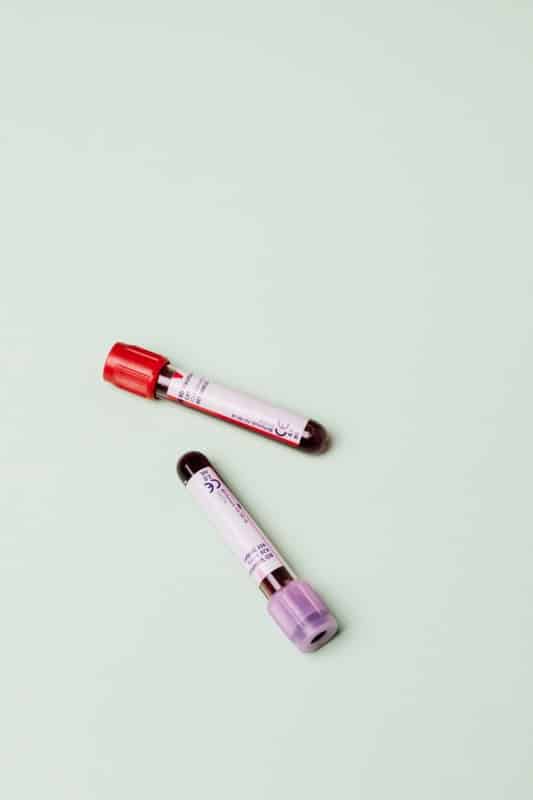Many women live with Polycystic Ovary Syndrome (PCOS) without realising fact from fiction. This […]

Ovarian reserve refers to a woman’s fertility potential. Every woman is born with a fixed number of eggs. Both the number and quality of eggs decrease with age. Fertility begins to decline significantly from a woman’s mid 30s, with a corresponding increase in miscarriage and other pregnancy complications.
There are also reasons (other than age) that can cause faster depletion of egg reserve – this includes ovarian cystectomy, history of chemo- or radiotherapy, or family history of premature menopause.
There are several ways available to measure one’s ovarian reserve. This include:
Some may also look at your follicle stimulating hormone (FSH) levels for further information. FSH is responsible for egg development. If it is high, your ovarian reserve may be low and your response to ovarian stimulation for in-vitro fertilisation (IVF) may be poor.
It is important to note that there isn’t a single test of ovarian reserve that can predict a woman’s ability to get pregnant. They can give an idea of declining fertility potential, but does not give an insight to egg quality (which is tied to age – the single biggest determinant in your chances in getting pregnant). These tests however, can help your gynaecologist develop a plan for assisted reproductive techniques for you.
Many women live with Polycystic Ovary Syndrome (PCOS) without realising fact from fiction. This […]
Within the realm of women’s health, the terms “fibroids” and “cysts” are often mentioned […]
Ovarian cysts are common gynaecological disorder, occurring in 10-20% of women. Ovarian cysts are […]

Aster Gynaecology © | All Rights Reserved.